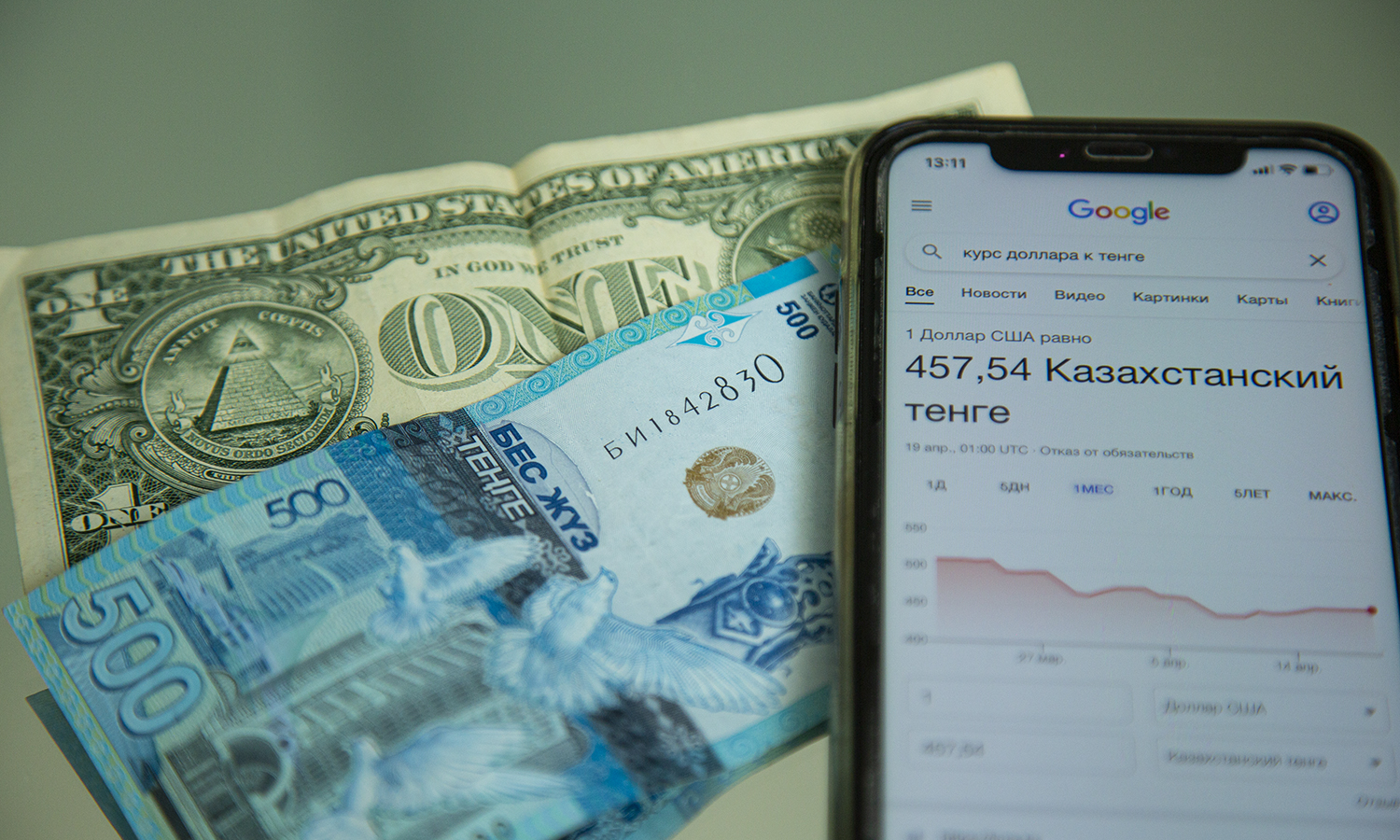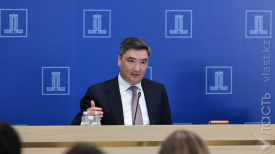- ВКонтакте
- РћРТвЂВВВВВВВВнокласснРСвЂВВВВВВВВРєРСвЂВВВВВВВВ
A year ago, the government and Central Bank decided to protect the savings of the people of Kazakhstan by promising a compensation “against the backdrop of increased geopolitical risk and financial instability”. The people had to wait a year for this generous handout, but the expectations were unfulfilled.
In order to encourage people to keep their deposits in tenge, the government said the deposit balance should remain positive for at least one year. Those who withdrew part of their savings would have the state handout calculated on the lowest sum.
This condition was already an indication that the measure would prove ineffective.
People in Kazakhstan are used to relying only on their own financial wealth or to survive through loans and credits. More than one million people proved unable to pay back their consumer loans, and many consider savings to be a protection for “rainy days”, which have become increasingly frequent due to galloping inflation and instability.
At the beginning of March last year, as the tenge again depreciated against the US dollar, people withdrew and converted their money into foreign currency. This means that for some, the deposit state compensation would be calculated on the crumbs they left in their savings accounts.
It is possible to blame the customer and say that the government had warned about the conditions for the compensation. The state budget, after all, cannot be overstretched. Yet, shifting responsibility onto others has become a habit for the government. Higher prices are due to lack of competition and geopolitical factors, consumer and industrial goods shortages are due to the spreading of fake news, the depreciation of the tenge is due to shrinking oil prices and the war.
The government plans to pay a 10% compensation on savings accounts, which is marginal if compared to the 21% annual inflation rate registered in February and the 7% depreciation of the tenge against the US dollar in 2022. The latter two factors contributed to a sharp reduction in purchasing power.
Social protection from the government should instead be aimed at contributing to financial stability. Instead, ministerial decrees only nominally mark “inflation adjustments” to pensions and wages. In fact, a 12% increase in pension contributions and an additional handout of 5,175 ($13) per child are not enough.
The vulnerable strata of the population remain vulnerable, while the middle-class struggles to believe in ineffective government programs. And this is evident because more than 2.6 million applied for the state compensation on deposits, no matter how small.
Confidence in the government’s protective measures and plans for reform, however, remains missing. Especially after we are blamed again for our own financial instability, again guilty of the general social insecurity.
Поддержите журналистику, которой доверяют.








